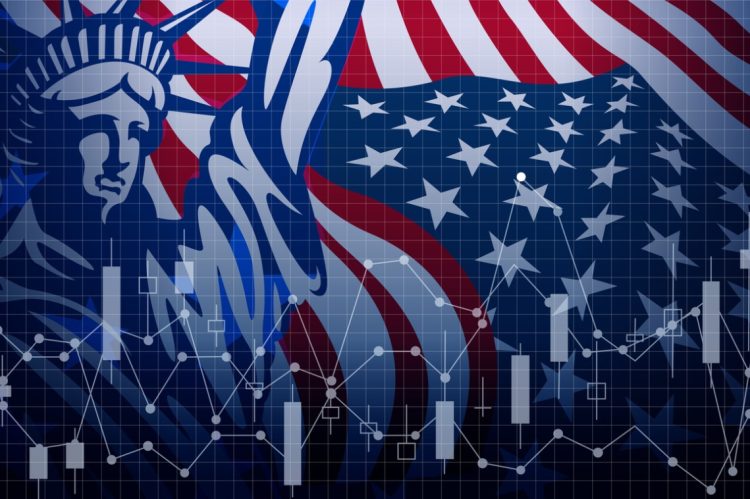Consumers’ views on the economy are stabilizing as of late, as reports say that negativity toward the future is decreasing, according to the latest data from The Conference Board.
July’s Consumer Confidence Index® reading came in at 97.2, up two points from a revised 95.2 in June (upwardly revised by two points).
Consumer confidence has “stabilized since May,” according to The Conference Board’s Senior Economist of Global Indicators Stephanie Guichard, “rebounding from April’s plunge, but remains below last year’s heady levels.”
“In July, pessimism about the future receded somewhat, leading to a slight improvement in overall confidence,” she continued.
The report noted that the improvement in confidence was mainly driven by consumers over 35 years old and across all income groups, except the lowest earners (household annual income below $15K). Republicans saw an increase in confidence, while Democrats and Independents remained stable.
Guichard said that in write-in responses a “number of survey respondents mentioned the recent budget reconciliation legislation passed by Congress (referring to it as the ‘Big Beautiful Bill’)—with some consumers praising its potential positive economic impact and others expressing concerns.”
The Present Situation Index—based on consumers’ assessment of current business and labor market conditions—fell by 1.5 points to 131.5. Guichard said this index was “little changed” this month.
Consumers’ outlook on business conditions saw a slight increase in positivity in July: 20.1% of consumers said business conditions were “good” (down from 20.5% in June), but 14.3% said business conditions were “bad” (down from 15%). As for the current labor market sentiment, 30.2% of consumers said jobs were “plentiful” (up from 29.4%), while 18.9% of consumers said jobs were “hard to get” (up from 17.2%).
Guichard noted that consumers’ “appraisal of current job availability weakened for the seventh consecutive month, reaching its lowest level since March 2021.”
Consumers’ purchasing plans for cars and homes declined in July, but was still reported as stable on a six-month moving average basis.
The Expectations Index—based on consumers’ short-term outlook for income, business and labor market conditions—rose 4.5 points to 74.4. Expectations remained below the threshold of 80 that typically signals a recession ahead for the sixth consecutive month.
In terms of business conditions, 18.4% of consumers expected business conditions to improve (up from 17.1% in June), and 23.3% expected business conditions to worsen (down from 24.8%). For jobs, 17.5% of consumers expected more jobs to be available (up from 15.9%), while 25.4% anticipated fewer jobs (down from 25.7%). In terms of income prospects, 18.2% of consumers expected their incomes to increase (up from 17.6%), and 12% expected their income to decrease (down from 12.9%).
Guichard added that write-in responses showed that “tariffs remained top of mind and were mostly associated with concerns that they would lead to higher prices.”
“In addition, references to high prices and inflation rose in July, even though consumers’ average 12-month inflation expectations eased slightly to 5.8%, down from 5.9% in June and a peak of 7% in April,” she continued.












